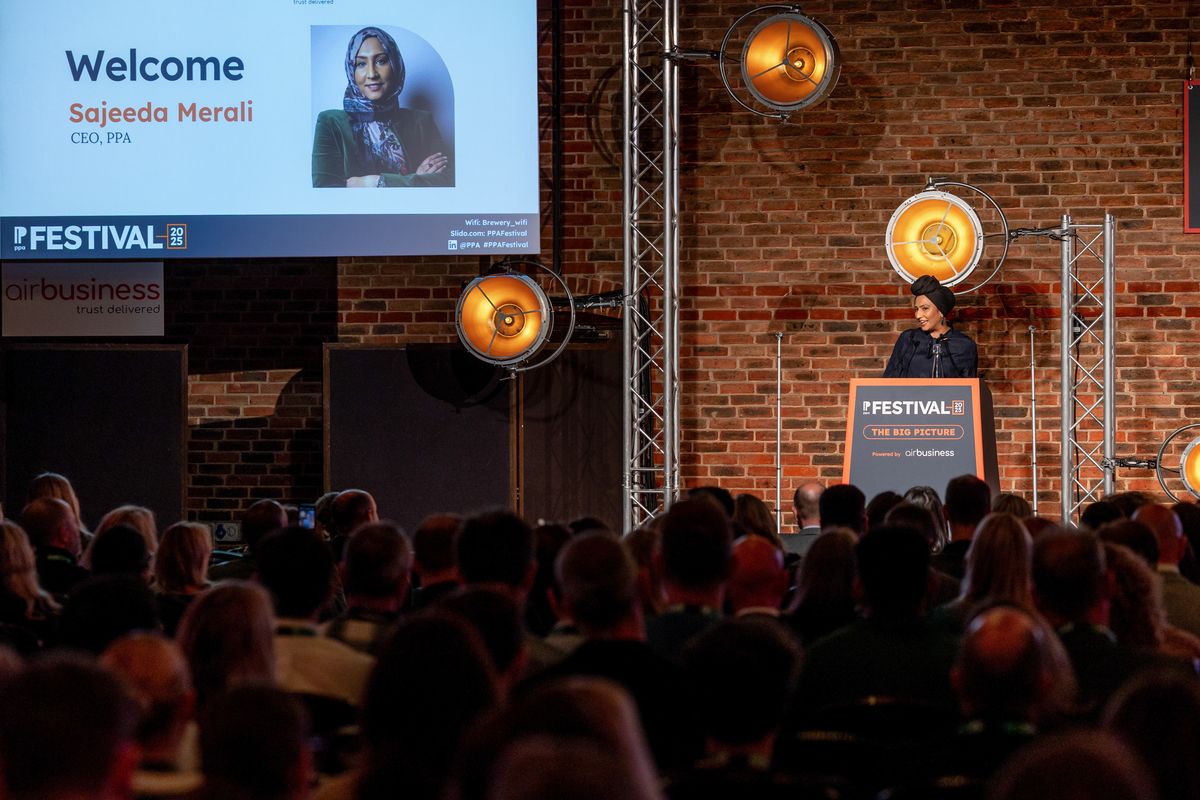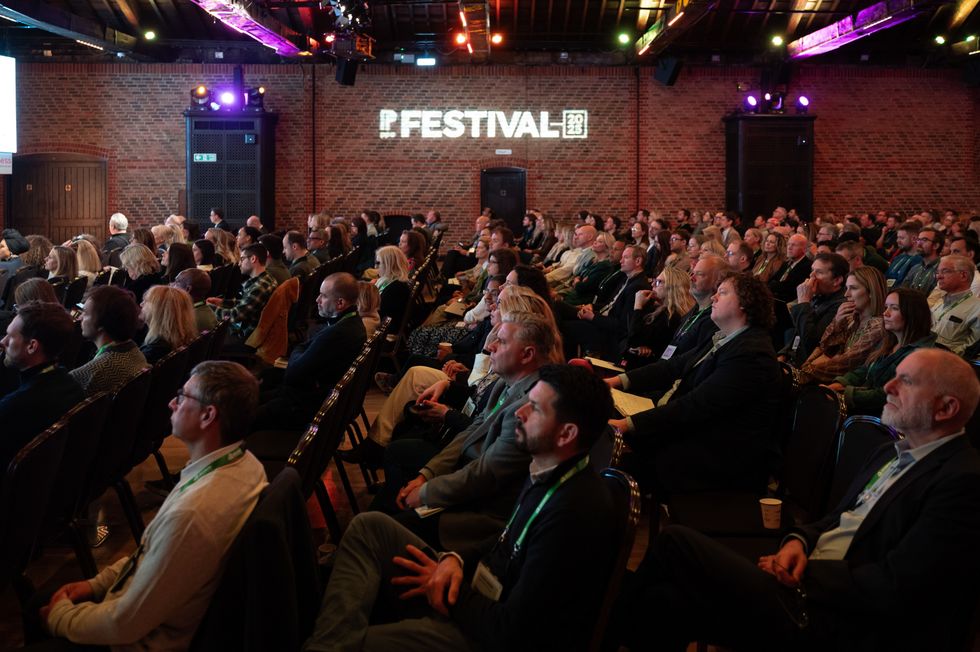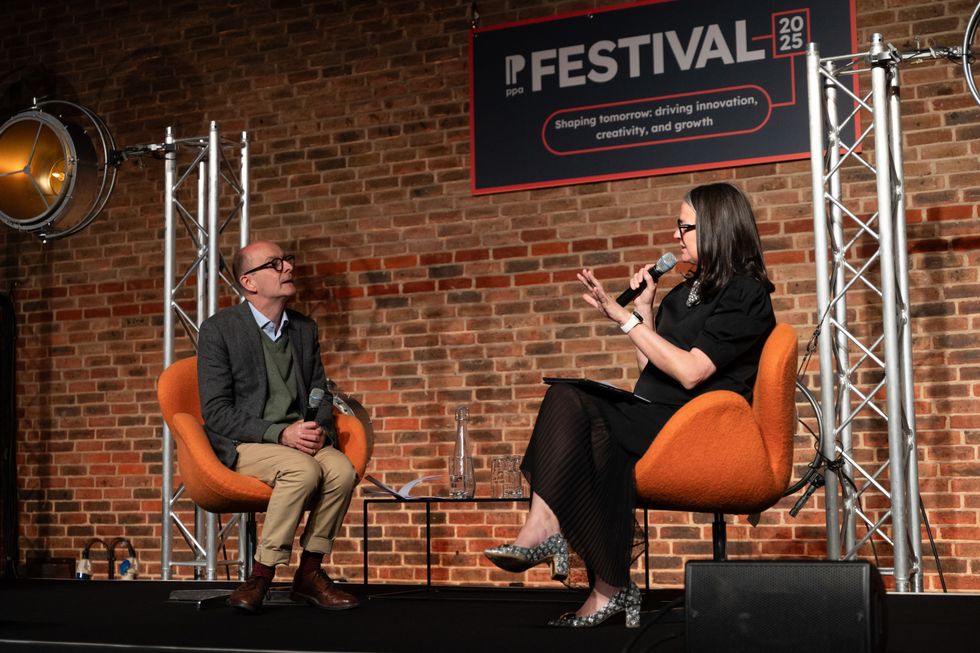Despite the dominance of smart phones and video-based digital formats, print publications with well-defined niche audiences still hold value, states a recent report released during one of the biggest annual events in the world of print and publications.
The Professional Publishers Association (PPA), UK’s leading publishing industry body, held its annual festival, PPA Festival 2025, on Wednesday (May 7) at The Brewery, London.
PPA champions media production companies, advocating for the creative economy at the governmental level. Representing over 250 members, including consumer staples such as Vogue and Radio Times, it connects millions through print, digital, and annual events.
This year, over 500 delegates from the publishing industry attended the festival, during which they heard from over 80 speakers on topics ranging from the future of B2B media, developing AI-resilient product roadmaps, ethical AI, revolutionising events, video, and leveraging the data of media businesses.
Welcoming the delegates from print and publishing, Sajeeda Merali, CEO OF PPA, said, “I won't pretend that the last few years have been an easy ride, or that we don't continue to face a number of huge headwinds.
“AI continues to present an opportunity and a threat. The way audiences want to engage and interact continues to evolve in more directions and channels.
“However, over the last year, I have seen a real shift.
"We want to shape it, and as an industry, we have the resilience, talent, creativity and entrepreneurial spirit to control how our content is used, and the relationships that we have with our customers, making sure that our editorial integrity isn't lost in the algorithmic case.”
Merali emphasised that the PPA represents over 1,500 brands, bringing together deeply engaged communities, providing over 55,000 jobs, and contributing nearly £4 billion to the UK economy.
“There isn't a business sector out there that won't be relying on its trade media brand to help them make decisions, do their jobs better and ultimately set the strategy for their industry.
“Consumers trust us more. They think of us as more relevant, more accurate, more engaging than any media channel, and for our advertisers in the room; hence, we are more influential in helping them to make up their minds,” she said.
Some of the key speakers at PPA Festival 2025 included Tracy De Groose (Chief Executive at William Reed), Tom Armstrong (Vice President of Global Advertising at The New York Times), Keeks Reid (Beauty Director at Cosmopolitan UK), Greg Williams (Deputy Global Editorial Director at WIRED), Victoria Rennie (CEO - Media Division at GlobalData), Graeme Davies (Managing Editor at FT Specialist), Nashitha Suren (Group Consumer Revenues Marketing Director at The Big Issue) and Lucie Cave (Chief Creative Officer at Bauer Media).
In one of the sessions, Douglas McCabe, CEO of Enders Analysis, unveiled an exclusive insight report titled “Consumers, Creators, and Brands: Rewriting the Media Playbook", which highlights the rapidly evolving way the content is being consumed and its relevance.
The research report, released in partnership with PPA, points out that despite the enormous growth in social media and online, niche print continues to thrive.
The report notes that in the right context, print – particularly high-value, niche publications – still retains its appeal. UK print distribution of National Geographic Traveler was up 21 per cent in 2024, it noted.
Many are now experiencing digital fatigue, and there is growing consumer interest in offline, curated, and more meaningful content and experiences. Efforts to cut back on-screen time are driving a return to specialist analogue formats, the report states.
Other key findings from “Rewriting the media Playbook”:
- Enormous growth in social media and online platforms with smart phones in particular have unlocked a proliferation of digital-native formats, especially in short video, that have arisen to capture user attention
- Utility is key to users for seeking information as they are increasingly accustomed to high-value-add digital tools
- Community platforms that bring together interest areas under one online roof are gaining traction
- Alignment between content and format is key to convincing users of the value-add of a brand, and also the benefits of paying for it
- The website format is gradually becoming redundant, as it is less able to cater to consumer expectations beside new digital-native formats
- A strong brand will become increasingly important as click-through erodes, acting as a shield protecting user attention
- Some will be able to make small adjustments to their product and format to maintain relevance, but others will need to fully reimagine their product: data and audience understanding will be key, underpinning consumer knowledge, brand strategy, and future action
- Silos are a thing of the past: media brands cannot rely on a single aspect of their content or channel to reach audiences and maintain traction. Instead, the strength of intersection between content formats, creator identities, and brand trust will be crucial
Unveiling the report, McCabe said, “Formats have changed. Discovery has changed. Loyalty is no longer as reliable and predictable as it was.”
He highlighted the decline of websites and the rise of platforms such as YouTube and TikTok, noting that consumer behaviour and values often diverge.
“More than half the users of Instagram would prefer it didn't exist, to concentrate on that for a moment. They're not saying they'd like it to be a bit less addictive – as what people do and what they value are not identical,” he said.
McCabe stressed the importance of premium publishing's unique value proposition, leveraging community engagement, and the strategic use of AI.
“Our sense is some publishers perhaps underrate the superpower of AI. It's hard, it's painstaking, granular work, but applied intelligently, it is highly effective and a good way of creating a unique position in the market.”




